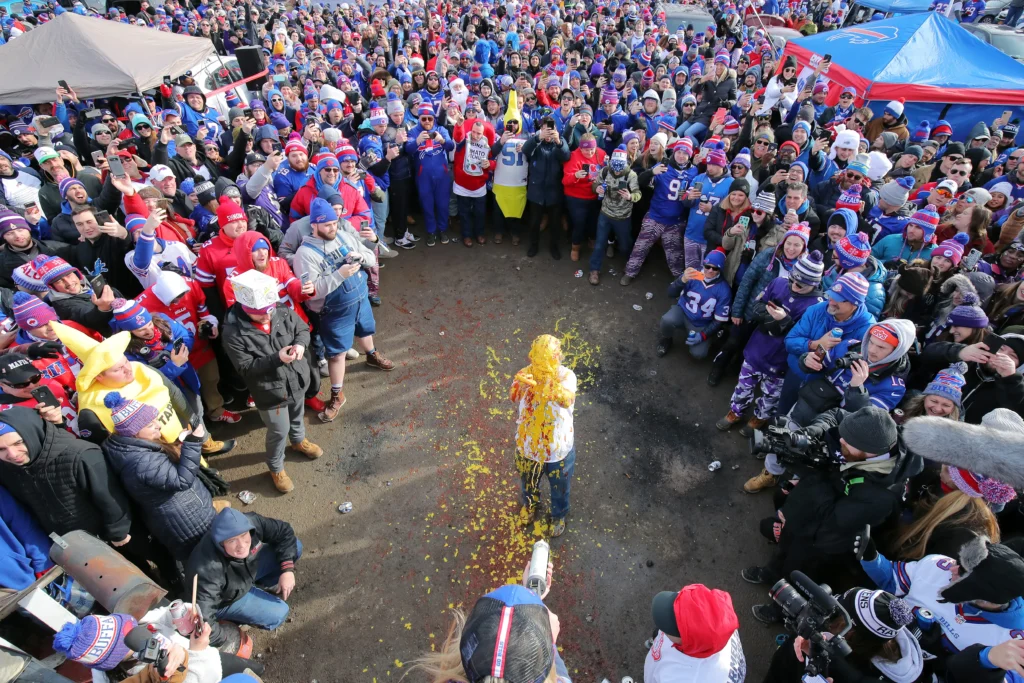Why NFL Tailgating is America’s Last True Community Ritual

At its core, tailgating is about building a community. It is sharing an experience with a few thousand of your closest friends. It is a way to connect in an increasingly disconnected world. In an era where most social interactions happen through screens, tailgating demands physical presence, shared space, and real-time human connection.
Tailgating revolves around social bonding, camaraderie, and shared experiences among fans. It offers a chance for people to connect with others who share their passion for sports or events while enjoying food, drinks, games, and entertainment in a festive atmosphere.
Tailgating is a way to honor history and pass down tradition and lore through the generations. This represents one of the few remaining spaces where cultural knowledge passes organically from parent to child. Consider also that the tailgate is a community ritual and tradition in and of itself. Rituals and traditions are ingrained in our own histories, and they become part of our identity as a community. Repeated half a dozen times per season, it is an anticipated and beloved shared experience.
From secret handshakes to signature drinks, these rituals deepen the sense of community and identity. A typical tailgate begins hours before the main event, creating a structured ceremony with distinct phases: arrival, setup, cooking, socializing, and the transition to the game itself.
Unlike digital communities, tailgating requires actual presence in a specific location. Tailgate parties occur in the parking lots at stadiums and arenas, before and occasionally after games, creating temporary villages that exist nowhere else in American life. Tailgating is remarkably egalitarian – a $20 folding chair next to a $50,000 RV, where social hierarchies flatten through shared team loyalty and the universal act of grilling food. Unlike scripted entertainment, tailgating generates genuine, unplanned human moments that can’t be manufactured or monetized in the same way as other experiences.
Tailgating represents what anthropologists call “modern tribalism” – the human need to belong to a group with shared symbols (team colors), rituals (pre-game ceremonies), and beliefs (team loyalty) in an otherwise fragmenented society. In America’s increasingly polarized landscape, a Cowboys vs. Eagles tailgate might be one of the few places where people from dramatically different backgrounds interact peacefully around a shared experience. Once the game starts, though, all bets may be off.
This isn’t just about football – it’s about the fundamental human need for community, ritual, and belonging that tailgating uniquely satisfies in ways that digital alternatives simply cannot replicate.
(Aspiring NFL Writer | Children’s Author | Chicago Bears Devotee in Chiefs Territory)
